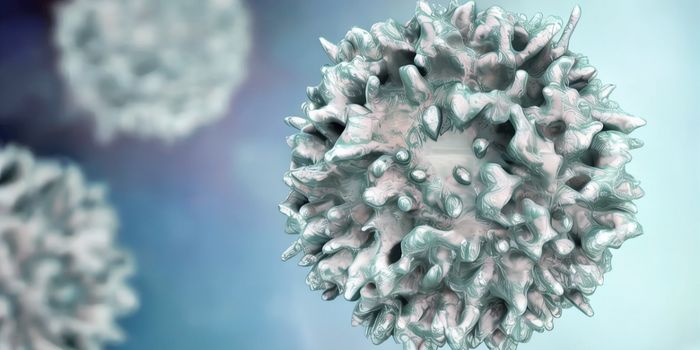What Are the Most Common Treatments for Skin Cancer?
Skin cancer treatments differ depending on the severity of the cancer. We’ll look at some of the most common methods below.
Patients with basal cell carcinoma (this is the most common, and it usually stays on the skin), squamous cell carcinoma of the skin (it begins on the skin and may spread), or actinic keratosis (a scaly area of skin that may become cancerous) will be treated in different manners. Superficial skin cancers may be handled with a biopsy that removes the entire growth. But a large squamous cell carcinoma, Merkel cell carcinoma or melanoma may require further tests, such as the imaging of nearby lymph nodes or a lymph node biopsy. The Roman numerals I through IV indicate the cancer's stage of severity, which guides treatment.
Surgery, radiation therapy, chemotherapy, immunotherapy, cryotherapy, chemical peels or photodynamic therapy (this destroys cancer cells with lasers and drugs that makes the cells sensitive to light) may all be used to treat skin cancers.
Surgery to treat skin cancer can take several forms. One is excisional surgery. This involves the excision or removal of the cancerous tissue along with a margin of surrounding healthy skin, the size of which will vary.
Mohs surgery is another surgical procedure -- one in which skin cancer is removed in gradual layers. Each layer is microscopically examined. The procedure repeats until no abnormal cells remain.
Curettage is a process wherein, after removing the majority of a growth, a doctor scrapes away cancer cells with a curet, which has a circular blade. An electric needle can also be used to destroy remaining cancerous cells. Or, the treated area may be frozen with liquid nitrogen. After this cryosurgery, the dead tissue falls off.
During radiation therapy, energy beams like X-rays destroy the cancer cells. It is sometimes used in conjunction with surgery.
Chemotherapy uses specialized drugs to kill cancer cells. It may take the form of topical substances like lotions containing anti-cancer agents, or systemic chemotherapy may be required, if the cancer has spread around the body.
Immunotherapy is also sometimes an option for patients with basal and squamous cell skin cancers.
The immune system, which protects the body from germs, can also help it fight cancer. Immunotherapy employs medicines to stimulate the immune system to recognize and destroy cancer cells more effectively.
Patients may also consider participating in clinical trials, which seek to improve current treatment methods or obtain information on new treatment options.
Sources: The Mayo Clinic, Cancer.org










